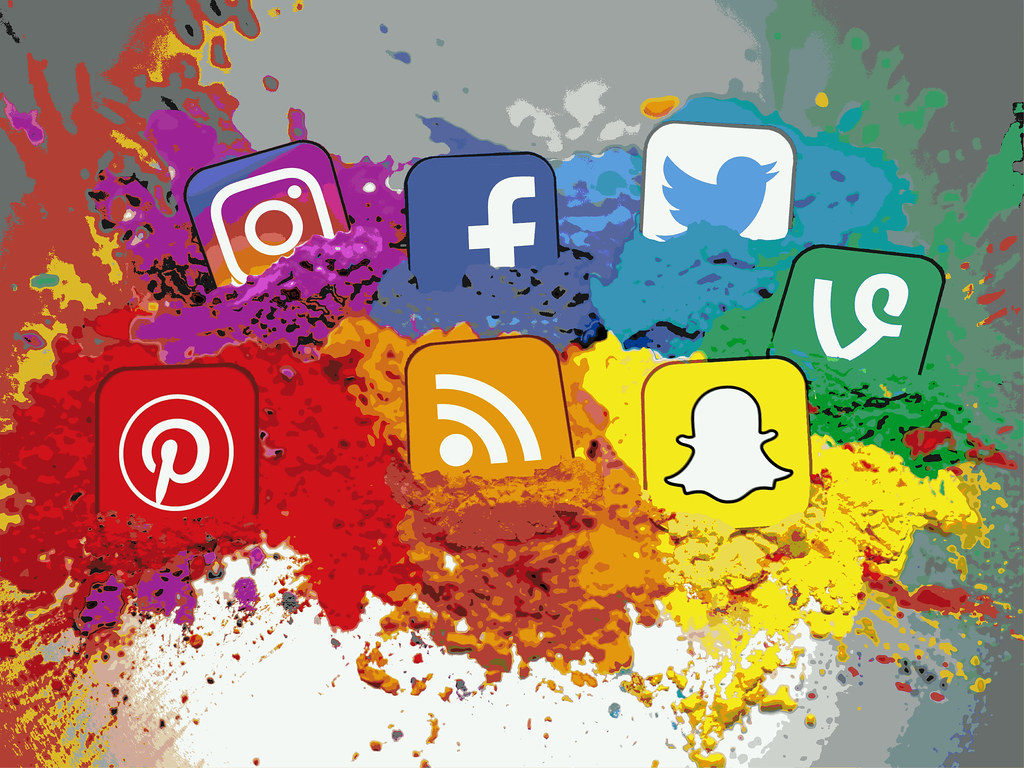The ever-growing influence of social media in the lives of people have raised a concern of the scientists as well as the powers that be. They tend to think about whether social media is bad for you.
Well, science has provided a lot of evidences that suggests that different social media platforms such as Facebook, Twitter or Instagram and others has had a serious impact on the mental wellbeing of the users, especially teenagers.
There has been a lot of debate held and interviews conducted on popular platforms like BBC about the impact of social media platforms so far. According to some reports it is said that:
- Three billion people, which is about 40% of the entire population of the world, use social media.
- This online addiction makes people spend about two hours every day on average surfing the internet.
People perform different actions on the social media platforms, depending on the specific platform they are using. These actions include:
- Sharing
- Liking
- Tweeting
- Commenting and
- Updating
The report also breaks down the actions and the time spend for performing these actions which, according to them, is about half a million tweets, Snapchat photos shared and other activities performed every minute!
Therefore, with social media playing such a big role in people’s lives, it has actually become an integral and indispensable aspect, whether it is for business or for personal use. As a natural consequence people are sacrificing their mental health and well-being, not to mention, time.
Looking into the evidences
With so much said and so much concerns, the question is: what does all these claims suggest? Also, it compels people to think whether it is time to respond to these claims and evidences and to rethink how exactly they should use social media, if at all.
According to the review of BBC Future, the evidences of social media and its impact so far found that it causes:
- Infinite stream of stress in the people instead of relieving them from it. According to a 2015research conducted by the Pew Research Center of Washington DC it was found that women feel more stressed than men.
- A 2014researchin Austria found that social media also influences the moods of people. It was found that people using Facebook for only 20 minutes have a lowly mod as compared to people who simply browsed the internet. The study also suggested that the reason for people feeling that way is that they see this as a waste of time.
- Social media also provokes general anxiety in the users which is typically characterized by feelings of worry, restlessness, trouble sleeping and loss of concentration. A study report of the Computers and Human Behavior Journal found that people who use seven or more social media platforms are three times more likely to feel higher levels of general anxiety symptoms as compared to people using none or a couple of platforms.
- Depression is another commonly found issue among users of social media platforms. The depressive symptoms among people include low mood, feelings of hopelessness and worthlessness. People who have more negative online interactions on the social media are at a greater risk of experiencing higher levels of such depressive symptoms. Even getting fewer Instagram views can also cause depression in the users.
- Too much use of social media can also affect your sleep. Studies have found that being surrounded by artificiallighting most of the times can inhibit the production of the melatonin hormone in the body. This will in turn affect sleep. According to research, the worst of all lights that causes greater harms is the blue light that is typically emitted by the screen of smartphones and laptops.
- Social media is an addiction that is hard to resist. In fact, social media addiction is now included in the latest diagnostic manual by the doctors who treat mental health disorders. In absence of social media addiction, people usually suffer from any type of internet addiction which ideally is a classified disorder.
- Your self-esteem will also be affected by social media and the way and amount you use it. With the filters, lighting and clever angles, people can take better selfies now and post them on their social media accounts. Looking at these exquisite pictures, most of the people, in fact, half of all social media users feel inadequate, according to a survey of Scope. It found that these specific segments of users belong to the age group of 18 to 34 years.
- The overall wellbeing is also affected by social media as the life satisfaction of the users starts to decline over time. Studies show that social media causes more negative effect on the overall well-being of the people who are more socially isolated.
Therefore, it is important that social media should be used wisely so that it does not affect the health, work, relationship and even human behavior.
Be wary of fake accounts
Studies have shown that more than a quarter of the people using social media platforms have a fake social media profile on any one of these platforms. This does not however include the bogus social media profiles. Therefore, the question is whether or not you can trust anyone really when you establish a relation with a person through a specific social media platform.
A recent survey found that several users admit that they lie on their dating profiles and even in their resumes and housing applications. The study report says that:
- 26% people have at least one fake social media profile
- People are desperate to get what they want and that is why they lie on their social profiles
- Only 2% of users actually do a background check on them before they get started
- 4% do such checks on their spouse or partner and
- 4% users check the background of their potential date.
Therefore, if you want to use social media platforms wisely, make sure that you look for only quality sites and platforms. Also, make sure that you follow the social rules and regulations as you would expect others to do.




